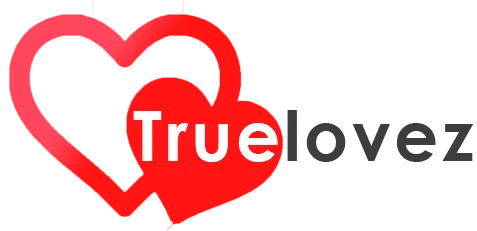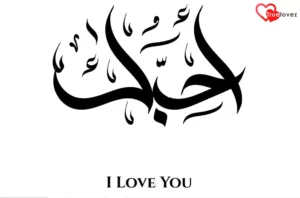As someone who has always been fascinated by languages, learning how to say “I love you” in different tongues has been a passion of mine. Today, I want to share with you some of the most beautiful ways to express love in Arabic. So, whether you’re looking to impress someone special, or simply want to learn something new, read on to discover how to say “I love you so much in Arabic,” “I like you in Arabic,” “I love you more in Arabic,” and “I love you in Arabic language.”
“I love you so much in Arabic”
If you want to express your deep love and affection for someone in Arabic, you can say “أنا أحبك كثيرًا” (ana uhibbuka katheeran). This phrase is perfect for those who want to convey their truest feelings of love and devotion to their significant other.
When you say “أنا أحبك كثيرًا” to someone, you are telling them that you love them very much and that your feelings for them are strong and unwavering. This phrase is often used in romantic contexts, but it can also be used towards family members and close friends.
It’s important to note that Arabic is a language that places a lot of emphasis on formality and respect. So, if you’re saying “I love you so much in Arabic” to someone who is older or in a higher position than you, it’s best to use the more formal form “أنا أُحِبُّكَ كَثِيرًا” (ana uhibbuka katheeran).
“I like you in Arabic”
If you’re not quite ready to express your love to someone in Arabic, or if you simply want to express a more casual level of affection, you can say “أَنَا أُحِبُّكَ” (ana uhibbuka). This phrase translates to “I like you” and is perfect for expressing your fondness for someone without going overboard.
Saying “أَنَا أُحِبُّكَ” is a great way to let someone know that you appreciate them and enjoy spending time with them. It’s a friendly and casual phrase that can be used towards anyone, regardless of your level of relationship with them.
However, keep in mind that in Arabic culture, expressing affection towards someone of the opposite gender can be seen as inappropriate or disrespectful, especially in public. So, if you’re saying “I like you in Arabic” to someone of the opposite gender, make sure to do so in a private setting and in a respectful manner.
“I love you more in Arabic”
When you want to express that your love for someone is growing stronger and deeper with each passing day, you can say “أنا أحبك أكثر” (ana uhibbuka akthar). This phrase translates to “I love you more” and is perfect for those who want to express a sense of growing love and affection towards their significant other.
Saying “أنا أحبك أكثر” shows that your love for someone is not static or unchanging, but rather that it is constantly growing and evolving. It’s a beautiful way to express that your love for someone is not just a passing feeling, but a deep and lasting emotion.
“I love you in Arabic language”
Finally, if you simply want to learn how to say “I love you” in Arabic for the sake of learning a new language, you can say “أنا أحبك” (ana uhibbuka). This phrase translates to “I love you” and is the most basic and commonly used way to express love in Arabic.
Saying “أنا أحبك” is a great way to show someone that you care about them, even if you’re not yet ready to express your deepest feelings of love and devotion. It’s also a great way to connect with Arabic-speaking friends or family members, and to show them that you are interested in their culture and language.
Conclusion
Learning how to say “I love you” in Arabic is a beautiful way to connect with someone special or to show your appreciation for Arabic culture and language. Whether you’re saying “I love you so much in Arabic,” “I like you in Arabic,” “I love you more in Arabic,” or simply “I love you in Arabic language,” these phrases are sure to make a lasting impression on anyone who hears them.
So, why not give it a try? Take some time to practice these phrases and to learn more about the Arabic language and culture. You never know when your knowledge of Arabic might come in handy, and who knows – you might just find yourself falling in love with the language along the way.
CTA: Are you interested in learning more about the Arabic language and culture? Check out our website for more resources and information on how to get started. And don’t forget to share your favorite Arabic phrases with us in the comments below!
 April 27, 2023 at 7:27 am
April 27, 2023 at 7:27 am

